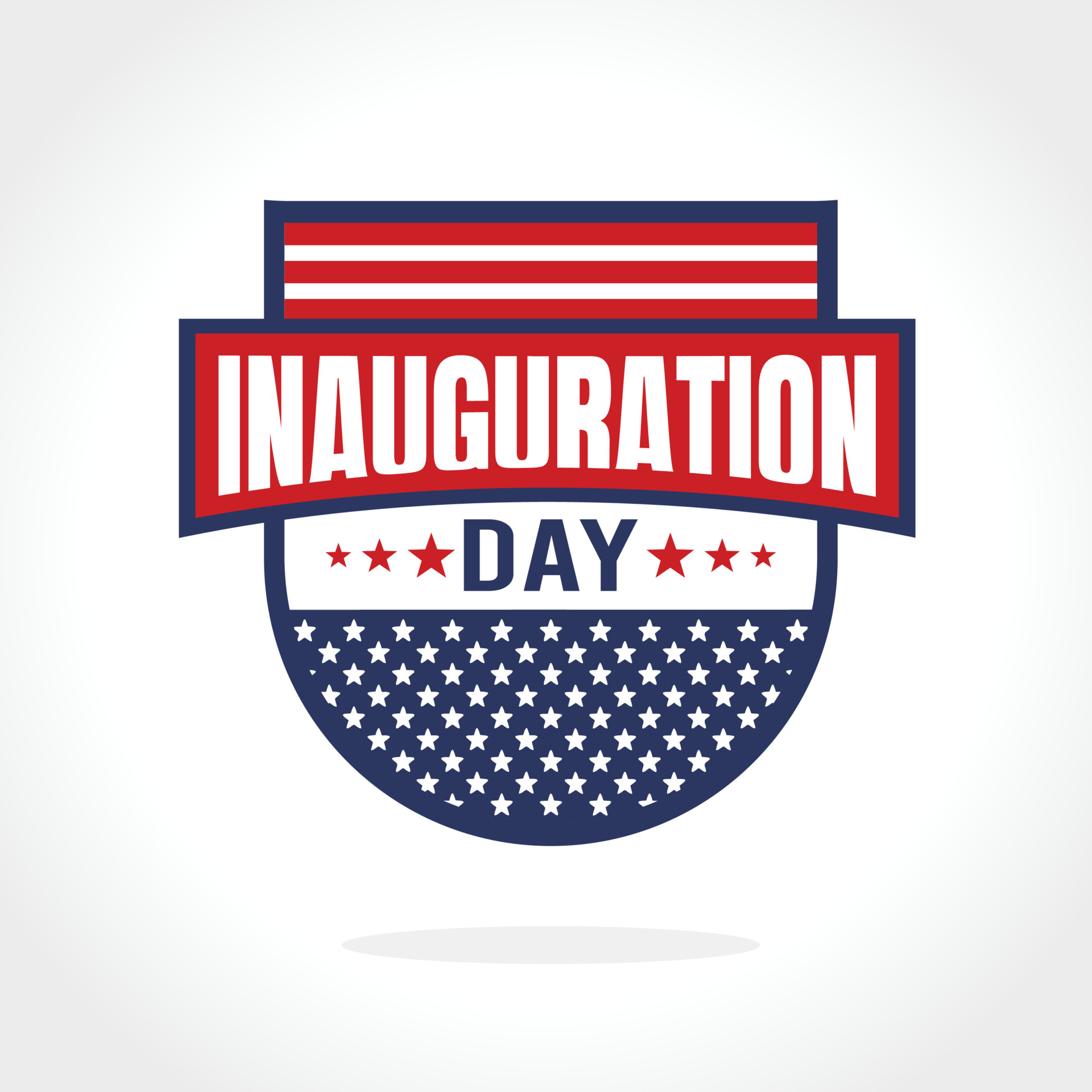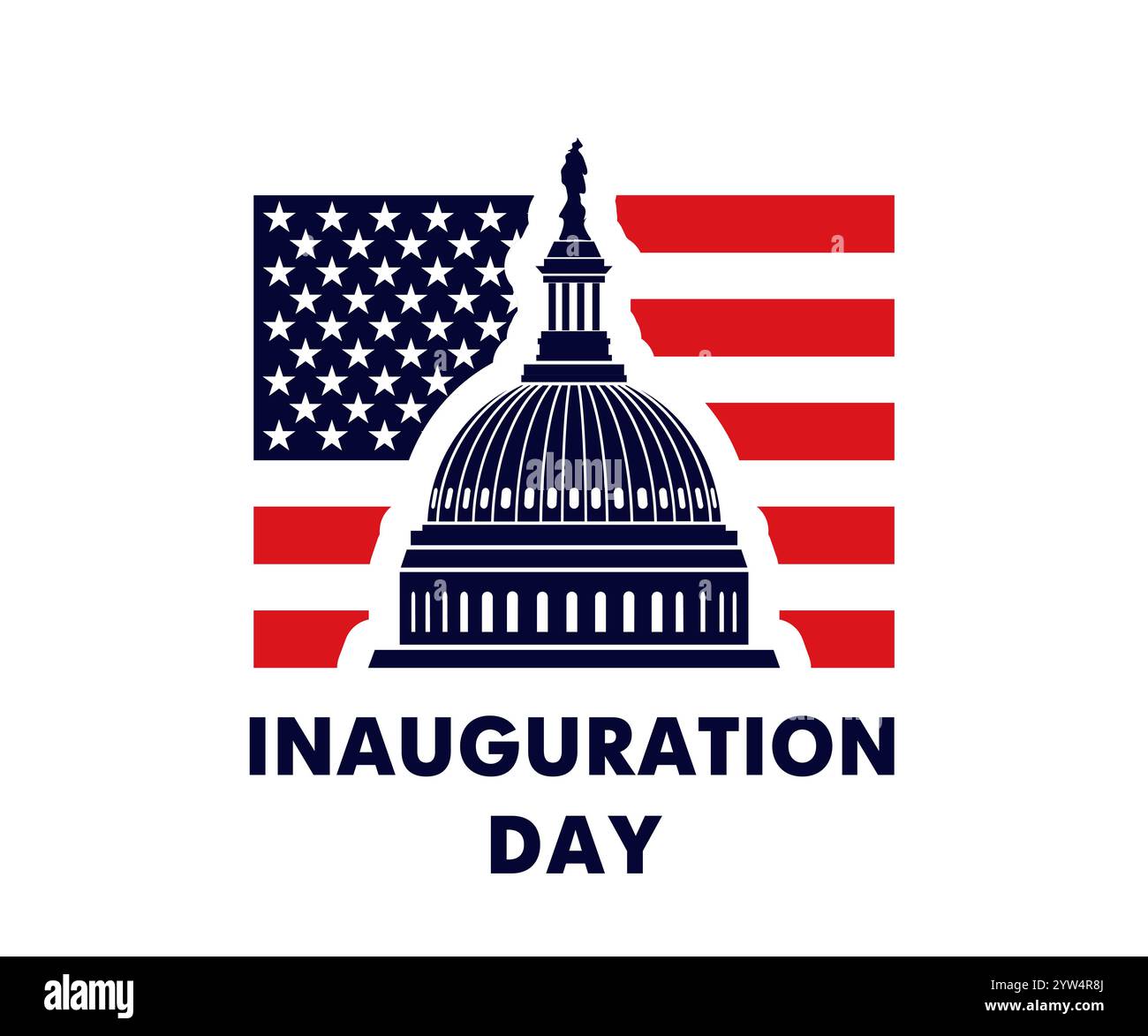Is Inauguration Day Always On January 20th? Here's The Full Story You Need To Know
So, you’re probably wondering if Inauguration Day is always on January 20th, right? Well, buckle up because this is one of those questions that has a pretty straightforward answer but also comes with some fascinating history behind it. Yep, Inauguration Day is officially set for January 20th in modern times, but there’s more to the story than just a date on the calendar. Let’s dive into why this day matters so much and how we got here.
Now, you might be asking yourself, “Why does it matter?” Great question! Inauguration Day isn’t just about celebrating a new president; it’s about the peaceful transfer of power, which is a cornerstone of democracy. It’s one of those moments that reminds us how important tradition and law are in keeping our system running smoothly. And, hey, who doesn’t love a good tradition, right?
But hold on a sec—this wasn’t always the case. Back in the day, the date was different, and there were some pretty wild stories about how things went down. So, if you’re curious about the history, the reasons, and even some fun facts about Inauguration Day, you’re in the right place. Let’s get started!
- Andrew Stewart Wife The Inside Story You Need To Know
- Unveiling The Essence Of Justin Bieber A Deeper Dive Into His World
This article is packed with everything you need to know about Inauguration Day, from its origins to modern-day celebrations. We’ll also touch on some trivia, FAQs, and even some behind-the-scenes info that’ll make you the smartest person at your next dinner party. Let’s roll!
Table of Contents
- The History of Inauguration Day
- Why Is January 20th the Official Date?
- The Inauguration Process
- Inauguration Traditions You Should Know
- Modern-Day Inauguration Ceremonies
- Interesting Facts About Inauguration Day
- Exceptions to the January 20th Rule
- The Presidential Oath of Office
- Famous Inaugural Speeches
- Conclusion: What This Means for Democracy
The History of Inauguration Day
Alright, let’s rewind the clock and take a trip down memory lane. Inauguration Day hasn’t always been on January 20th. Back in the early days of the United States, the date was set for March 4th. Why March 4th? Well, it all started when the Constitution was ratified in 1787, and the first Congress met on that date. March 4th became the official start of the presidential term.
But as the country grew, March 4th started to feel a bit… outdated. By the time the 20th Amendment was passed in 1933, the country realized that waiting four months between Election Day and the inauguration was just too long. So, they moved the date to January 20th. Makes sense, right?
- How Old Is Ally Love Discover The Age And Journey Of A Rising Star
- Star Monsters The Ultimate Guide To Celestial Wonders And Space Oddities
Why Did the Date Change?
Here’s the deal: back in the day, communication and travel were super slow. After Election Day, it could take weeks—or even months—for all the votes to be counted and for the new president to get to Washington, D.C. But with advancements in technology and transportation, waiting until March 4th just didn’t make sense anymore.
The 20th Amendment was a game-changer. It not only moved Inauguration Day to January 20th but also shortened the lame-duck period, giving incoming presidents more time to hit the ground running.
Why Is January 20th the Official Date?
So, why January 20th? Great question. The date was chosen to strike a balance between giving Congress enough time to count the electoral votes and avoiding a long gap between Election Day and the start of the new term. It’s all about efficiency, folks.
Think about it: if the new president has to wait too long to take office, there’s a risk of political stagnation or even crisis. January 20th gives everyone enough time to wrap up loose ends without dragging things out unnecessarily.
What Happens If January 20th Falls on a Sunday?
Here’s where things get interesting. If January 20th falls on a Sunday, the official oath-taking ceremony happens privately on that day, and the public ceremony is held on January 21st. This has happened a few times in history, including for Presidents Obama and Biden.
The Inauguration Process
Now that we’ve covered the why, let’s talk about the how. The inauguration process is a carefully choreographed event that involves several key steps:
- Oath of Office: The president-elect takes the oath, officially becoming the leader of the free world.
- Inaugural Speech: The new president delivers a speech outlining their vision for the country.
- Parade and Celebrations: After the ceremony, there’s usually a parade and other festivities to mark the occasion.
Each step is steeped in tradition, but there’s always room for a little personal flair. Some presidents have added their own touches to the ceremony, making it unique to their style.
Inauguration Traditions You Should Know
Did you know that Inauguration Day is full of traditions? From the oath-taking to the inaugural ball, every detail is steeped in history. Here are a few highlights:
- The Bible: Most presidents take the oath on a Bible, often one that holds personal significance.
- The Kiss: After taking the oath, many presidents share a kiss with their spouse. It’s a sweet moment that’s become a staple of the ceremony.
- The Parade: The parade is a chance for the new president to show off their leadership skills while celebrating with supporters.
These traditions help make Inauguration Day feel special, even as the world changes around us.
Modern-Day Inauguration Ceremonies
Fast forward to today, and Inauguration Day is still a big deal. But how has it evolved over the years? Well, technology has played a huge role. Live broadcasts, social media coverage, and even virtual events have made the ceremony more accessible than ever.
But one thing hasn’t changed: the sense of hope and renewal that comes with a new presidency. Whether you’re watching from your couch or attending in person, Inauguration Day is a reminder that change is possible—and that democracy is alive and well.
Interesting Facts About Inauguration Day
Here are some fun facts you might not know:
- The shortest inaugural address was given by George Washington in 1793. It was only 135 words long!
- The longest inaugural address was by William Henry Harrison, who spoke for over two hours in freezing weather. Spoiler alert: he caught a cold and passed away shortly after.
- Thomas Jefferson was the first president to take the oath in Washington, D.C.
These little tidbits add flavor to the history of Inauguration Day and remind us that every ceremony is unique.
Exceptions to the January 20th Rule
As with most rules, there are exceptions. For example, if January 20th falls on a Sunday, the public ceremony is postponed to January 21st. There have also been times when special circumstances required a different date, such as during wartime or in cases of national emergency.
But for the most part, January 20th is the day we all look forward to every four years. It’s a moment of unity, no matter where you stand politically.
The Presidential Oath of Office
Let’s talk about the oath itself. The presidential oath of office is simple but powerful:
“I do solemnly swear (or affirm) that I will faithfully execute the Office of President of the United States, and will to the best of my Ability, preserve, protect and defend the Constitution of the United States.”
It’s a promise to serve the country and uphold the Constitution. And, hey, it’s only 35 words long, but it carries a lot of weight.
Famous Inaugural Speeches
Some inaugural speeches have become legendary. Take John F. Kennedy’s famous line, “Ask not what your country can do for you—ask what you can do for your country.” Or Franklin D. Roosevelt’s assurance that “the only thing we have to fear is fear itself.”
These speeches have inspired generations and continue to resonate today. They remind us of the power of words—and the responsibility that comes with leadership.
Conclusion: What This Means for Democracy
So, is Inauguration Day always on January 20th? For the most part, yes. But the real magic of Inauguration Day isn’t just about the date—it’s about the symbolism. It’s about coming together as a nation, even in divisive times, to celebrate the peaceful transfer of power.
As we’ve seen, the traditions and history behind Inauguration Day are rich and meaningful. Whether you’re a history buff, a political junkie, or just someone who loves a good ceremony, there’s something for everyone on January 20th.
So, the next time you’re watching the inauguration, take a moment to appreciate what it represents. And, hey, don’t forget to share this article with your friends. Who knows? You might just inspire someone to learn more about the history of our great democracy.
Got any questions or thoughts? Drop a comment below, and let’s keep the conversation going!



Detail Author:
- Name : Roselyn Langosh
- Username : karli.miller
- Email : raul.miller@gmail.com
- Birthdate : 1974-01-19
- Address : 9727 Creola Knoll Apt. 238 Bartellhaven, MS 36827
- Phone : 980-780-1264
- Company : Maggio-O'Keefe
- Job : Automotive Glass Installers
- Bio : Et necessitatibus perspiciatis deleniti minima et. Maiores inventore ut omnis quod nam velit. Reiciendis iste ut sit.
Socials
tiktok:
- url : https://tiktok.com/@francesca7953
- username : francesca7953
- bio : Qui excepturi suscipit et recusandae velit qui.
- followers : 3240
- following : 1906
instagram:
- url : https://instagram.com/francesca7319
- username : francesca7319
- bio : Delectus natus vel velit officia dolorem. Culpa quae ut illum libero.
- followers : 3244
- following : 2255